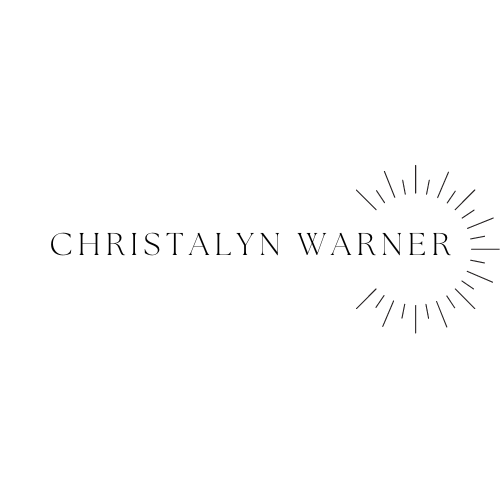In the intricate web of human connections, love serves as the fundamental bond that ties us together. However, for some individuals, the inclination to push love away is more than just a passing behavior—it's a reflection of deeper, unaddressed needs from their early years.
During childhood, our caregivers play a crucial role in shaping our perceptions of love and our ability to form healthy relationships. Messages conveyed by parents or caregivers, whether consciously or unconsciously, can profoundly impact how we perceive our own needs. For some, growing up in environments where expressing needs was discouraged or met with dismissal can result in the internalization of the belief that their needs are insignificant or burdensome.
Imagine a child whose requests for attention or support are consistently overlooked or rejected by their caregivers. Over time, they may internalize the message that their needs are not valid or worthy of acknowledgment. This sets the stage for a pattern of avoidance in adulthood, where individuals struggle to recognize, let alone articulate, their own needs in relationships.
The avoidance of love or intimacy becomes a defense mechanism—a way to protect oneself from the perceived pain of rejection or neglect.
Despite a genuine longing for connection, individuals with avoidant tendencies may find themselves instinctively pushing away potential partners, fearing vulnerability and the potential disappointment of unmet needs.
The prevalence of avoidant behavior in the dating world is a testament to the enduring impact of childhood experiences on adult relationships. These individuals may yearn for love and connection but find themselves trapped in a cycle of self-sabotage and emotional detachment.
Breaking free from this cycle requires a willingness to confront the discomfort of unmet needs and embark on a journey of self-discovery. It involves recognizing and challenging the deeply ingrained beliefs about one's worthiness of love and support. It's about learning to identify and communicate one's needs effectively, both to oneself and to others.
Receiving love and nurturing is not a sign of weakness but a fundamental human need.
It requires vulnerability and courage to dismantle the emotional barriers erected over time. Only by acknowledging and addressing these unmet needs can individuals pave the way for healthier, more fulfilling relationships.
To those who find themselves pushing love away, know that you are not alone. Your actions are not a reflection of your inability to love but rather a manifestation of the unmet needs longing to be acknowledged and healed. Embrace the discomfort, embark on the journey of self-discovery, and reclaim the love and connection you deserve.

I do trust all the ideas youve presented in your post They are really convincing and will definitely work Nonetheless the posts are too short for newbies May just you please lengthen them a bit from next time Thank you for the post
The photographs and visuals used in this blog are always stunning They really add a beautiful touch to the posts